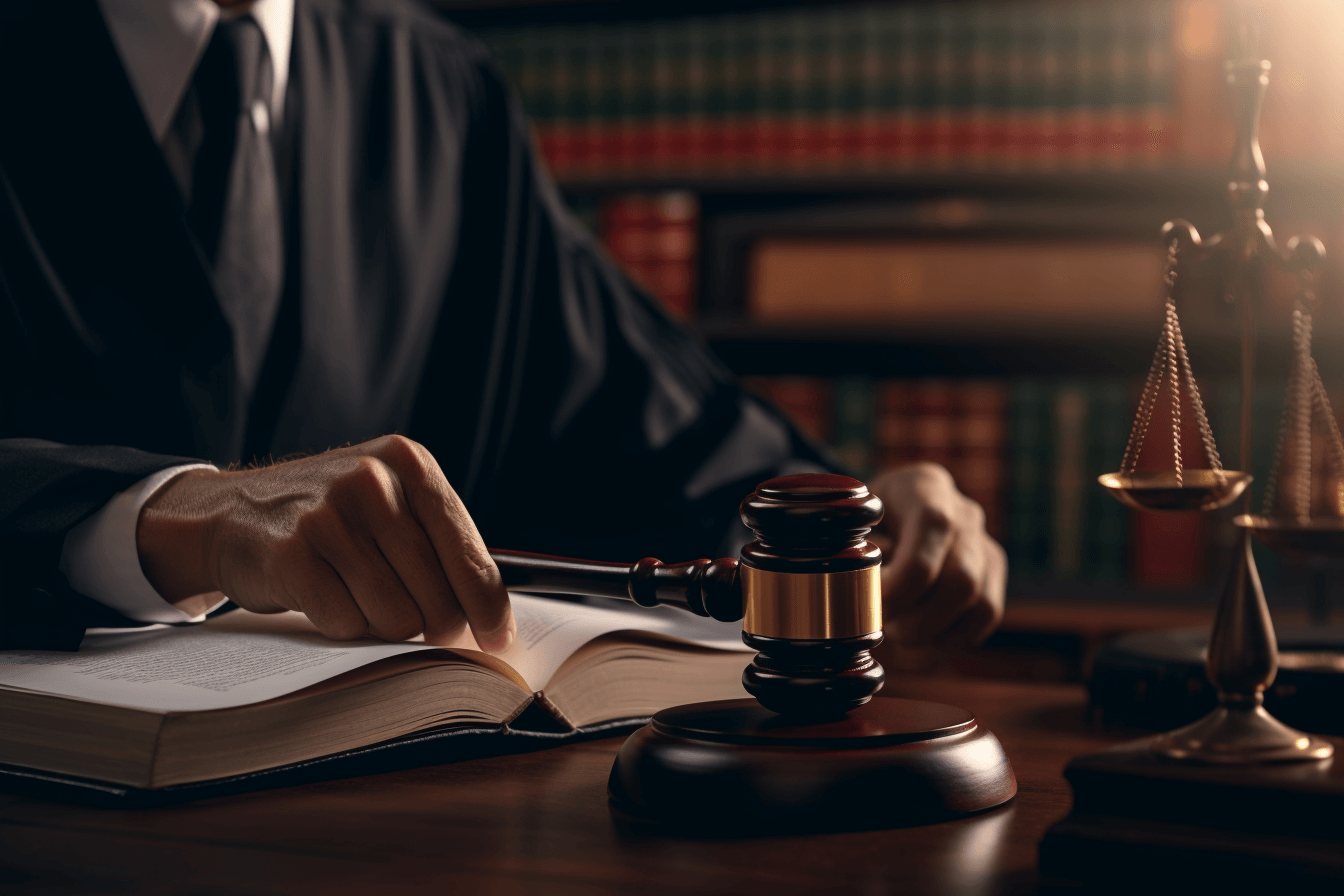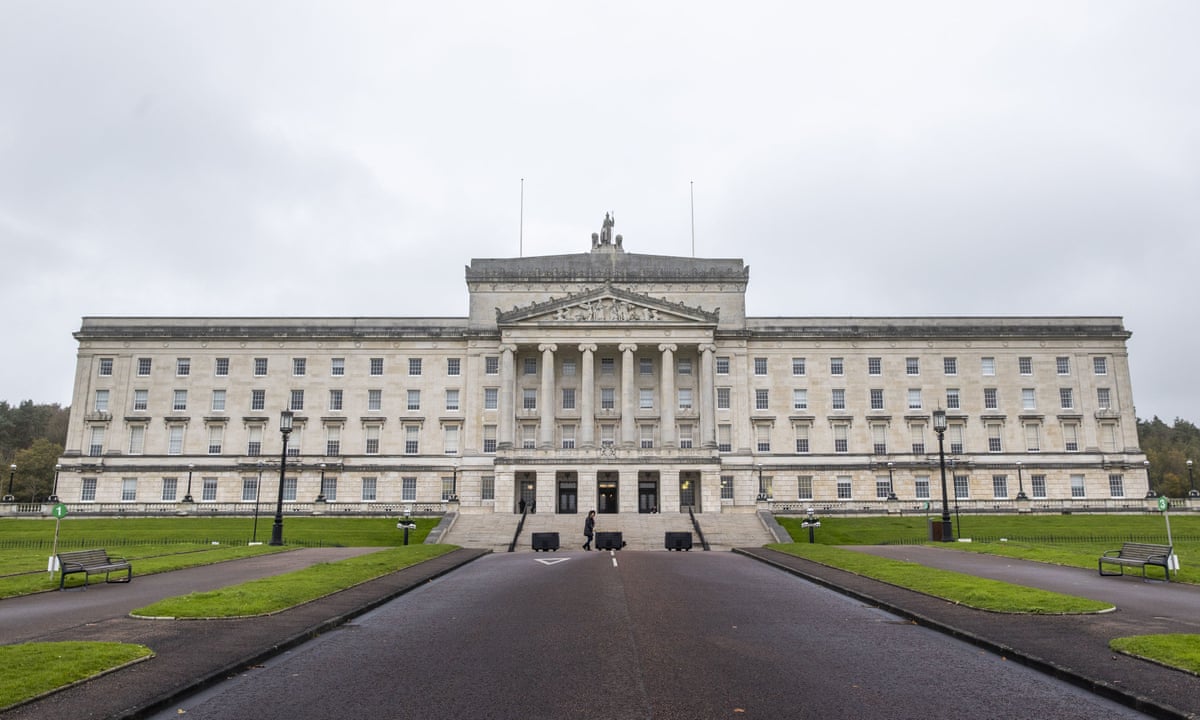Understanding the Role of a Prosecutor: Upholding Justice in the Legal System
Introduction
The role of a prosecutor is vital in the criminal justice system. Prosecutors are legal professionals responsible for representing the government and bringing criminal charges against individuals or entities accused of breaking the law. They are often viewed as advocates for justice, working diligently to ensure that the guilty face consequences for their actions.
The Prosecutor’s Role
2.1. Building a Case
Prosecutors begin their work by meticulously investigating alleged criminal activities. This involves gathering evidence, interviewing witnesses, and collaborating with law enforcement agencies. Building a strong case is essential to secure convictions and uphold justice.
2.2. Charging Offenses
Once a prosecutor has gathered sufficient evidence, they must decide whether to file charges against the accused. This decision involves careful consideration of the available evidence, funlovincriminals.tv/ the severity of the offense, and the potential impact on the victim and society.
2.3. Plea Bargaining
In many cases, prosecutors engage in plea bargaining with the defense. This negotiation process can lead to reduced charges or sentences in exchange for the defendant’s guilty plea, thus expediting the legal process and conserving resources.
2.4. Trial Preparation
When cases go to trial, prosecutors must meticulously prepare their arguments, present evidence, and question witnesses. They act as the legal representatives of the government, working to prove the defendant’s guilt beyond a reasonable doubt.
Legal Ethics and Responsibilities
3.1. Pursuing Justice
Prosecutors are duty-bound to seek justice rather than mere convictions. This means they must consider not only the evidence that supports their case but also evidence that may exonerate the accused.
3.2. Presumption of Innocence
One of the fundamental principles of the legal system is the presumption of innocence. Prosecutors must always remember that the accused is innocent until proven guilty in a court of law.
3.3. Disclosure of Evidence
Prosecutors have a legal obligation to disclose all evidence, including exculpatory evidence, to the defense. This ensures a fair trial and upholds the principles of justice.
3.4. Fair Trial
Prosecutors play a critical role in ensuring that trials are fair and unbiased. They must adhere to ethical standards and work towards impartiality in their pursuit of justice.
Challenges Faced by Prosecutors
4.1. Heavy Caseloads
Prosecutors often handle a high volume of cases simultaneously, leading to immense pressure and stress. Managing caseloads efficiently is a constant challenge.
4.2. Public Scrutiny
Prosecutors’ decisions are subject to public scrutiny, making their work highly visible and sometimes controversial. Balancing public expectations with legal obligations can be difficult.
4.3. Ethical Dilemmas
Prosecutors may face ethical dilemmas when handling cases. They must navigate these challenges with integrity and adhere to legal ethics.
4.4. Emotional Toll
Dealing with harrowing cases, victims, and defendants can take an emotional toll on prosecutors. Coping with these emotions is an ongoing struggle.
The Importance of Prosecution
5.1. Protecting Society
Prosecutors are instrumental in protecting society from individuals who pose a threat through criminal activities. Their work contributes to public safety.
5.2. Accountability
Prosecution ensures that those who commit crimes are held accountable for their actions, promoting a sense of justice and fairness in society.
5.3. Maintaining Order
The legal system relies on prosecution to maintain order and deter criminal behavior. This contributes to a stable and just society.
Famous Prosecutors in History
Throughout history, numerous prosecutors have made significant contributions to the legal field. They have set precedents and left lasting impacts on the pursuit of justice.
The Future of Prosecution
As technology and society evolve, the role of prosecutors will also change. Embracing new tools and methods will be essential for the continued effectiveness of the legal system.
Conclusion
Prosecutors are the pillars of justice in our legal system. They shoulder immense responsibilities, face numerous challenges, and play a pivotal role in upholding the law and ensuring that justice is served.










